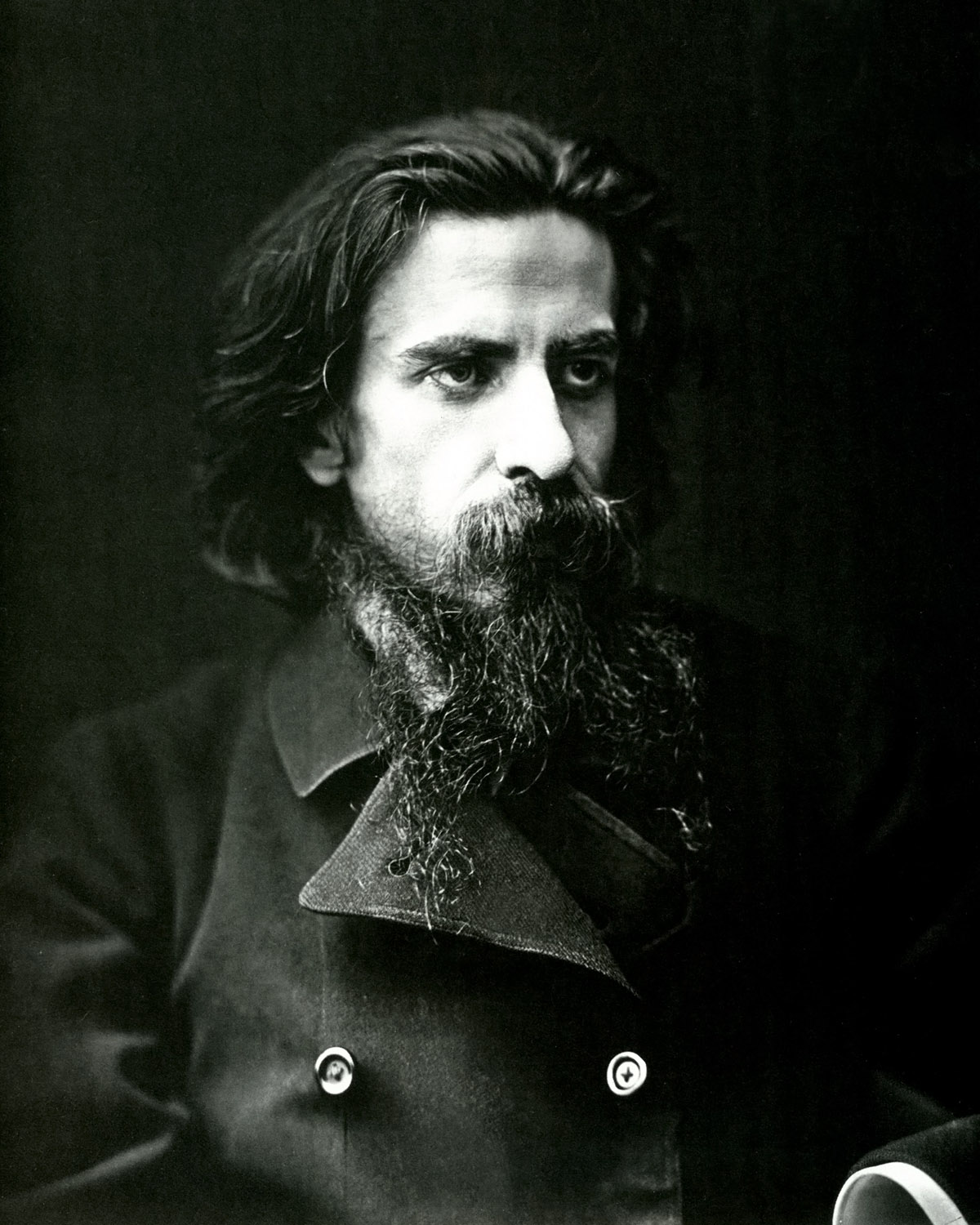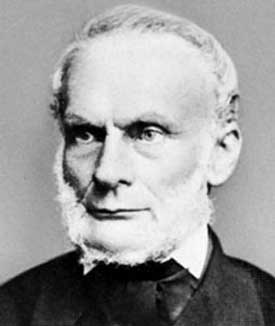|
Andrei Bely
Boris Nikolaevich Bugaev ( rus, Бори́с Никола́евич Буга́ев, p=bɐˈrʲis nʲɪkɐˈlajɪvʲɪtɕ bʊˈɡajɪf, a=Boris Nikolayevich Bugayev.ru.vorb.oga), better known by the pen name Andrei Bely or Biely ( rus, Андре́й Бе́лый, p=ɐnˈdrʲej ˈbʲelɨj, a=Andryey Byelyy.ru.vorb.oga; – 8 January 1934), was a Russian novelist, Symbolist poet, theorist and literary critic. He was a committed anthroposophist and follower of Rudolf Steiner. His novel '' Petersburg'' (1913/1922) was regarded by Vladimir Nabokov as the third-greatest masterpiece of modernist literature. The Andrei Bely Prize (russian: Премия Андрея Белого), one of the most important prizes in Russian literature, was named after him. His poems were set to music and performed by Russian singer-songwriters. Life Boris Bugaev was born in Moscow, into a prominent intellectual family. His father, Nikolai Bugaev, was a noted mathematician who is regarded as a foun ... [...More Info...] [...Related Items...] OR: [Wikipedia] [Google] [Baidu] |
Moscow
Moscow ( , US chiefly ; rus, links=no, Москва, r=Moskva, p=mɐskˈva, a=Москва.ogg) is the capital and largest city of Russia. The city stands on the Moskva River in Central Russia, with a population estimated at 13.0 million residents within the city limits, over 17 million residents in the urban area, and over 21.5 million residents in the metropolitan area. The city covers an area of , while the urban area covers , and the metropolitan area covers over . Moscow is among the world's largest cities; being the most populous city entirely in Europe, the largest urban and metropolitan area in Europe, and the largest city by land area on the European continent. First documented in 1147, Moscow grew to become a prosperous and powerful city that served as the capital of the Grand Duchy that bears its name. When the Grand Duchy of Moscow evolved into the Tsardom of Russia, Moscow remained the political and economic center for most of the Tsardom's history. When th ... [...More Info...] [...Related Items...] OR: [Wikipedia] [Google] [Baidu] |
Nikolai Bugaev
Nikolai Vasilievich Bugaev (russian: Никола́й Васи́льевич Буга́ев; September 14, 1837 – June 11, 1903) was a prominent Russian mathematician, the father of Andrei Bely. Early life and education Bugaev was born in Georgia, Russian Empire into a somewhat unstable family (his father was an army doctor), and at the age of ten young Nikolai was sent to Moscow to find his own means of obtaining an education. He graduated in 1859 from Moscow University, where he majored in mathematics and physics. Bugaev then studied engineering and then wrote a master's thesis in 1863 on the convergence of infinite series. This document was considered sufficiently impressive to win him a place studying under Karl Weierstrass and Ernst Kummer in Berlin. He also spent some time in Paris studying under Joseph Liouville. He earned his doctoral degree in 1866. Career After his doctoral degree, Bugaev returned to Moscow and taught there for the remainder of his career. Some of h ... [...More Info...] [...Related Items...] OR: [Wikipedia] [Google] [Baidu] |
Bolsheviks
The Bolsheviks (russian: Большевики́, from большинство́ ''bol'shinstvó'', 'majority'),; derived from ''bol'shinstvó'' (большинство́), "majority", literally meaning "one of the majority". also known in English as the Bolshevists,. It signifies both Bolsheviks and adherents of Bolshevik policies. were a far-left, revolutionary Marxist faction founded by Vladimir Lenin that split with the Mensheviks from the Marxist Russian Social Democratic Labour Party (RSDLP), a revolutionary socialist political party formed in 1898, at its Second Party Congress in 1903. After forming their own party in 1912, the Bolsheviks took power during the October Revolution in the Russian Republic in November 1917, overthrowing the Provisional Government of Alexander Kerensky, and became the only ruling party in the subsequent Soviet Russia and later the Soviet Union. They considered themselves the leaders of the revolutionary proletariat of Russia. Their beli ... [...More Info...] [...Related Items...] OR: [Wikipedia] [Google] [Baidu] |
Anima Mundi
The ''anima mundi'' (Greek: , ) or world soul is, according to several systems of thought, an intrinsic connection between all living beings, which relates to the world in much the same way as the soul is connected to the human body. Although the concept of the ''anima mundi'' originated in classical antiquity, similar ideas can be found in the thoughts of later European philosophers such as those of Baruch Spinoza, Gottfried Leibniz, Immanuel Kant, Friedrich Schelling, and Georg W.F. Hegel (particularly in his concept of '' Weltgeist''). History Platonism Plato adhered to this idea, identifying the universe as a living being: Plato's ''Timaeus'' describes this living cosmos as being built by the demiurge constructed as to be self-identical and intelligible to reason, according to a rational pattern expressed in mathematical principles and Pythagorean ratios describing the structure of the cosmos, and particularly the motions of the seven classical planets. Follow ... [...More Info...] [...Related Items...] OR: [Wikipedia] [Google] [Baidu] |
Anthroposophy
Anthroposophy is a spiritualist movement founded in the early 20th century by the esotericist Rudolf Steiner that postulates the existence of an objective, intellectually comprehensible spiritual world, accessible to human experience. Followers of anthroposophy aim to engage in spiritual discovery through a mode of thought independent of sensory experience. While much of anthroposophy is pseudoscientific, proponents claim to present their ideas in a manner that is verifiable by rational discourse and say that they seek precision and clarity comparable to that obtained by scientists investigating the physical world. Anthroposophy has its roots in German idealism, mystical philosophies, and pseudoscience including racist pseudoscience. Steiner chose the term ''anthroposophy'' (from Greek , 'human', and '' sophia'', 'wisdom') to emphasize his philosophy's humanistic orientation. He defined it as "a scientific exploration of the spiritual world", Others have variously called it a "ph ... [...More Info...] [...Related Items...] OR: [Wikipedia] [Google] [Baidu] |
Vladimir Solovyov (philosopher)
Vladimir Sergeyevich Solovyov (russian: Влади́мир Серге́евич Соловьёв; also romanized as Soloviev; – ), a Russian philosopher, theologian, poet, pamphleteer, and literary critic, played a significant role in the development of Russian philosophy and poetry at the end of the 19th century and in the spiritual renaissance of the early-20th century. Life and work Vladimir Solovyov was born in Moscow; the son of the historian Sergey Mikhaylovich Solovyov (1820–1879); his elder brother Vsevolod (1849-1903), became a historical novelist, and his younger sister, Polyxena (1867-1924), became a poet. Vladimir Solovyov's mother Polyxena Vladimirovna belonged to a family of Polish origin and had, among her ancestors, philosopher Gregory Skovoroda (1722–1794). In his teens, he renounced Eastern Orthodoxy for nihilism, but later his disapproval of positivism saw him begin to express views that were in line with those of the Orthodox Church. From 1869 t ... [...More Info...] [...Related Items...] OR: [Wikipedia] [Google] [Baidu] |
Entropy
Entropy is a scientific concept, as well as a measurable physical property, that is most commonly associated with a state of disorder, randomness, or uncertainty. The term and the concept are used in diverse fields, from classical thermodynamics, where it was first recognized, to the microscopic description of nature in statistical physics, and to the principles of information theory. It has found far-ranging applications in chemistry and physics, in biological systems and their relation to life, in cosmology, economics, sociology, weather science, climate change, and information systems including the transmission of information in telecommunication. The thermodynamic concept was referred to by Scottish scientist and engineer William Rankine in 1850 with the names ''thermodynamic function'' and ''heat-potential''. In 1865, German physicist Rudolf Clausius, one of the leading founders of the field of thermodynamics, defined it as the quotient of an infinitesimal amount of hea ... [...More Info...] [...Related Items...] OR: [Wikipedia] [Google] [Baidu] |
Mathematical Analysis
Analysis is the branch of mathematics dealing with continuous functions, limit (mathematics), limits, and related theories, such as Derivative, differentiation, Integral, integration, measure (mathematics), measure, infinite sequences, series (mathematics), series, and analytic functions. These theories are usually studied in the context of Real number, real and Complex number, complex numbers and Function (mathematics), functions. Analysis evolved from calculus, which involves the elementary concepts and techniques of analysis. Analysis may be distinguished from geometry; however, it can be applied to any Space (mathematics), space of mathematical objects that has a definition of nearness (a topological space) or specific distances between objects (a metric space). History Ancient Mathematical analysis formally developed in the 17th century during the Scientific Revolution, but many of its ideas can be traced back to earlier mathematicians. Early results in analysis were i ... [...More Info...] [...Related Items...] OR: [Wikipedia] [Google] [Baidu] |
Probability
Probability is the branch of mathematics concerning numerical descriptions of how likely an Event (probability theory), event is to occur, or how likely it is that a proposition is true. The probability of an event is a number between 0 and 1, where, roughly speaking, 0 indicates impossibility of the event and 1 indicates certainty."Kendall's Advanced Theory of Statistics, Volume 1: Distribution Theory", Alan Stuart and Keith Ord, 6th Ed, (2009), .William Feller, ''An Introduction to Probability Theory and Its Applications'', (Vol 1), 3rd Ed, (1968), Wiley, . The higher the probability of an event, the more likely it is that the event will occur. A simple example is the tossing of a fair (unbiased) coin. Since the coin is fair, the two outcomes ("heads" and "tails") are both equally probable; the probability of "heads" equals the probability of "tails"; and since no other outcomes are possible, the probability of either "heads" or "tails" is 1/2 (which could also be written ... [...More Info...] [...Related Items...] OR: [Wikipedia] [Google] [Baidu] |
Geometry
Geometry (; ) is, with arithmetic, one of the oldest branches of mathematics. It is concerned with properties of space such as the distance, shape, size, and relative position of figures. A mathematician who works in the field of geometry is called a ''geometer''. Until the 19th century, geometry was almost exclusively devoted to Euclidean geometry, which includes the notions of point, line, plane, distance, angle, surface, and curve, as fundamental concepts. During the 19th century several discoveries enlarged dramatically the scope of geometry. One of the oldest such discoveries is Carl Friedrich Gauss' ("remarkable theorem") that asserts roughly that the Gaussian curvature of a surface is independent from any specific embedding in a Euclidean space. This implies that surfaces can be studied ''intrinsically'', that is, as stand-alone spaces, and has been expanded into the theory of manifolds and Riemannian geometry. Later in the 19th century, it appeared that geometries ... [...More Info...] [...Related Items...] OR: [Wikipedia] [Google] [Baidu] |
Alexander Blok
Alexander Alexandrovich Blok ( rus, Алекса́ндр Алекса́ндрович Бло́к, p=ɐlʲɪˈksandr ɐlʲɪˈksandrəvʲɪtɕ ˈblok, a=Ru-Alyeksandr Alyeksandrovich Blok.oga; 7 August 1921) was a Russian lyrical poet, writer, publicist, playwright, translator and literary critic. Early life Blok was born in Saint Petersburg, into an intellectual family of Alexander Lvovich Blok and Alexandra Andreevna Beketova. His father was a law professor in Warsaw, and his maternal grandfather, Andrey Beketov, was a famous botanist and the rector of Saint Petersburg State University. After his parents' separation, Blok lived with aristocratic relatives at the manor Shakhmatovo near Moscow, where he discovered the philosophy of Vladimir Solovyov, and the verse of then-obscure 19th-century poets, Fyodor Tyutchev and Afanasy Fet. These influences would affect his early publications, later collected in the book ''Ante Lucem''. Career and marriage In 1903 he married the actress ... [...More Info...] [...Related Items...] OR: [Wikipedia] [Google] [Baidu] |


.png)




